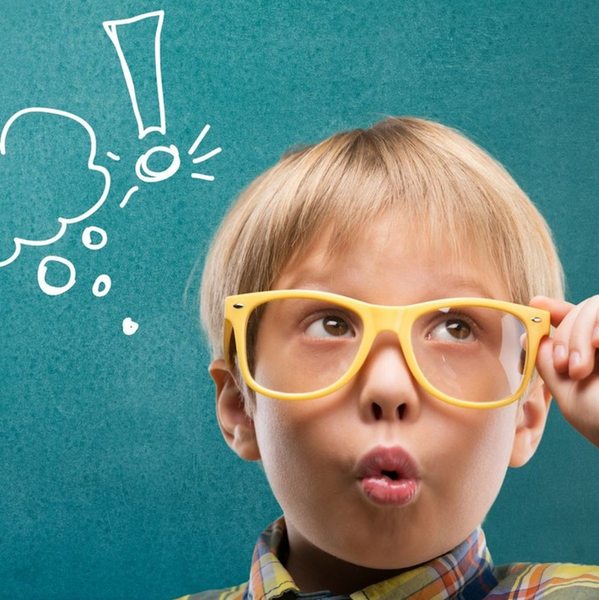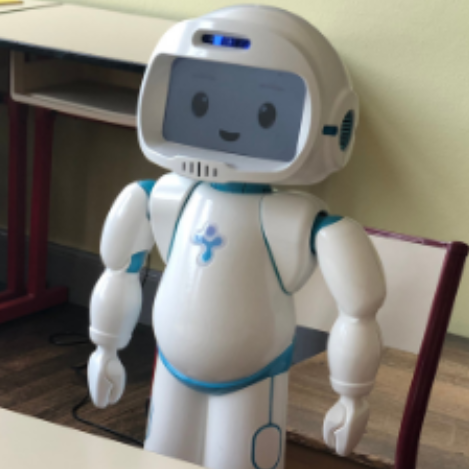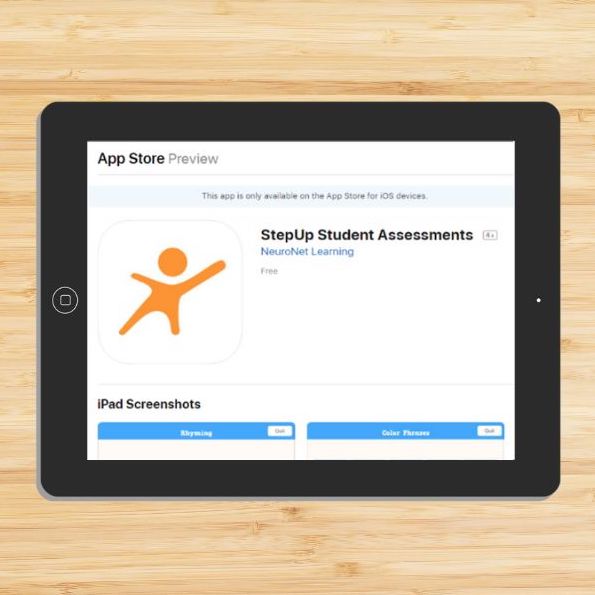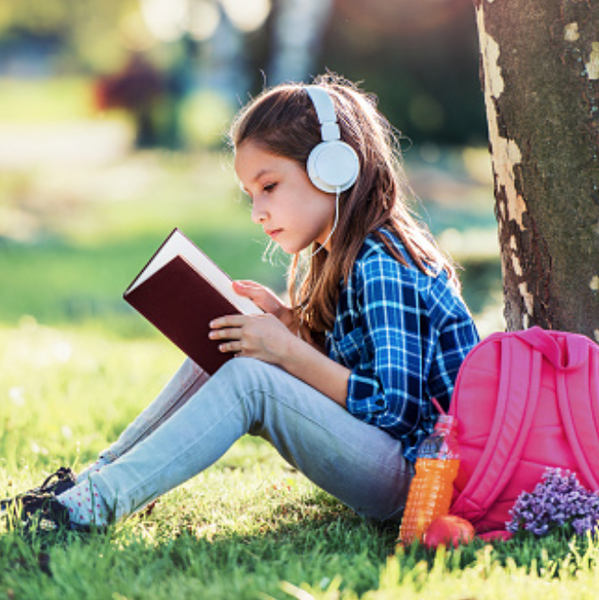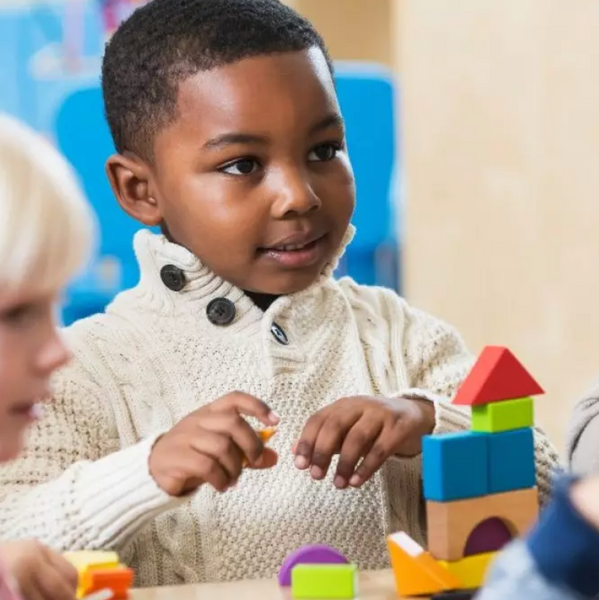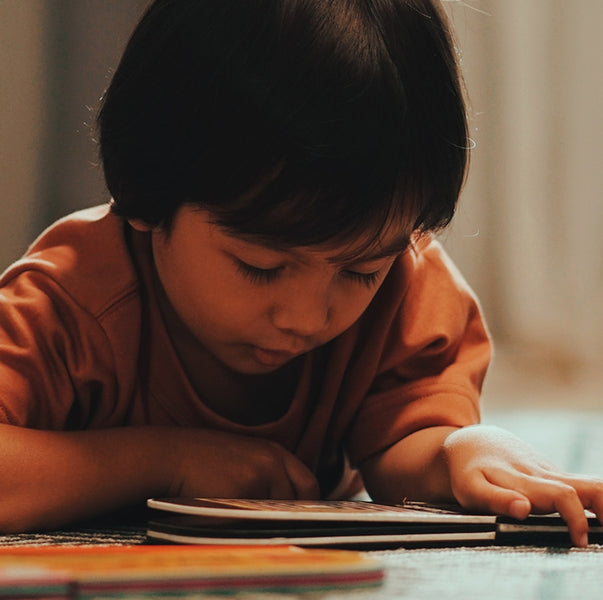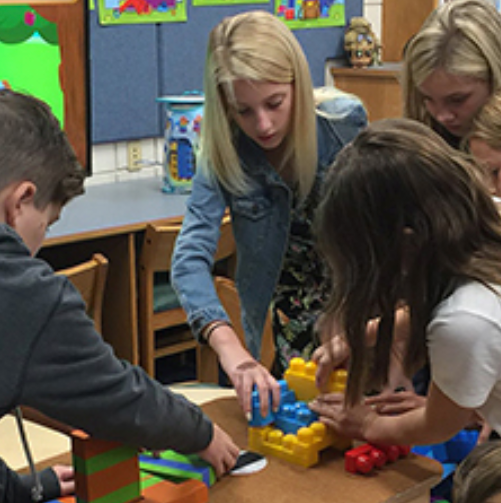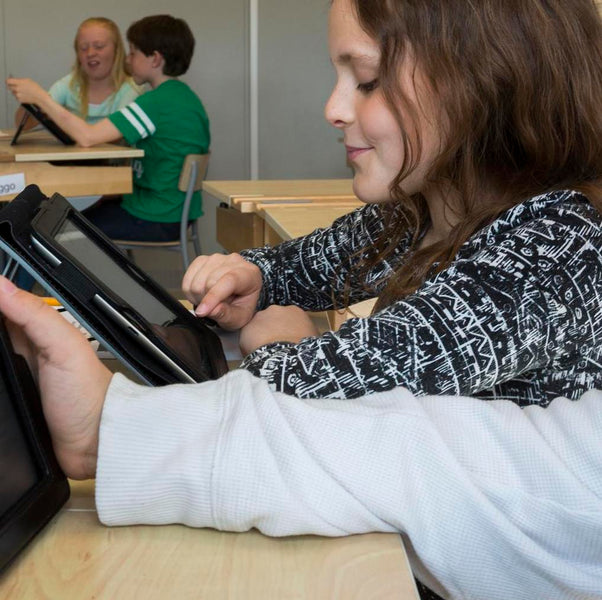Research -- StepUp to Learn
Brain Activity Decoder Can Reveal Stories in People’s Minds
A new artificial intelligence system can translate a person’s brain activity — while listening to a story or silently imagining telling a story — into a continuous stream of text.
Robot Helps Students with Learning Disabilities Stay Focused
Engineering researchers are successfully using a robot to help keep children with learning disabilities focused on their work.
iPad Assessments on StepUp
Use the StepUp to Learn iPad Assessments to measure growth in student achievement
Can ‘Random Noise’ Unlock Our Learning Potential?
Though many of us may seek a quiet place in which to study, ‘noise’ may play a key role in helping some people improve their learning potential.
How to Unlock Your Child's STEM Potential
Teaching this set of skills – particularly with the use of physical manipulatives – is highly effective at improving mathematics performance and makes learning more engaging, accessible, and equitable.
Can Preschoolers Gain Reading Skills in a Virtual Classroom?
New study by the University of Washington discovers if students can develop key reading skills in a virtual classroom.
How to Make Learning More Effective
Engaging students in these activities resulted in improved academic performance compared to traditional lectures, lessons or readings.
Flickering Screens May Help Children With Reading and Writing Difficulties
Children with reading and writing difficulties who are presented with text on screens with flickering white noise both read better and remember what they have read better.
Why Our Brains Miss Opportunities to Improve Through Subtraction
A new study explains why people rarely look at a situation, object or idea that needs improving -- in all kinds of contexts -- and think to remove something as a solution. Instead, we almost always add some element, whether it helps or not.
Puzzle Games Can Improve Mental Flexibility
Puzzle video games show broad improvement to executive functions, which are important for general intelligence, dealing with new situations and managing multitasking.
Paper Notebooks vs. Mobile Devices
Unique, complex information in analog methods likely gives brain more details to trigger memory.
Solving the Screen Time Puzzle
Contradictory to previous findings, children who learn how to solve a puzzle using a touchscreen can then apply this learning to the same puzzle in the physical world.

